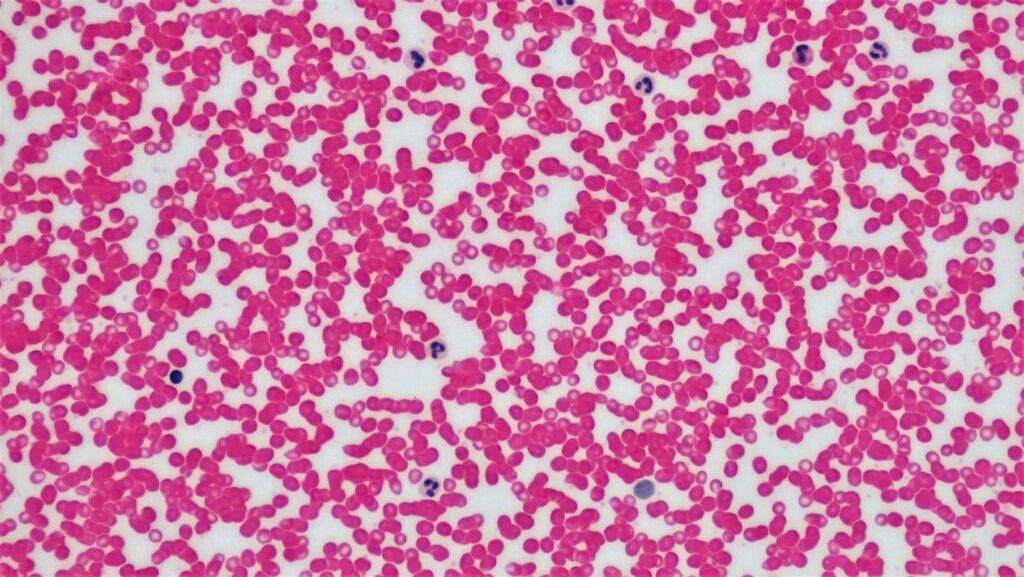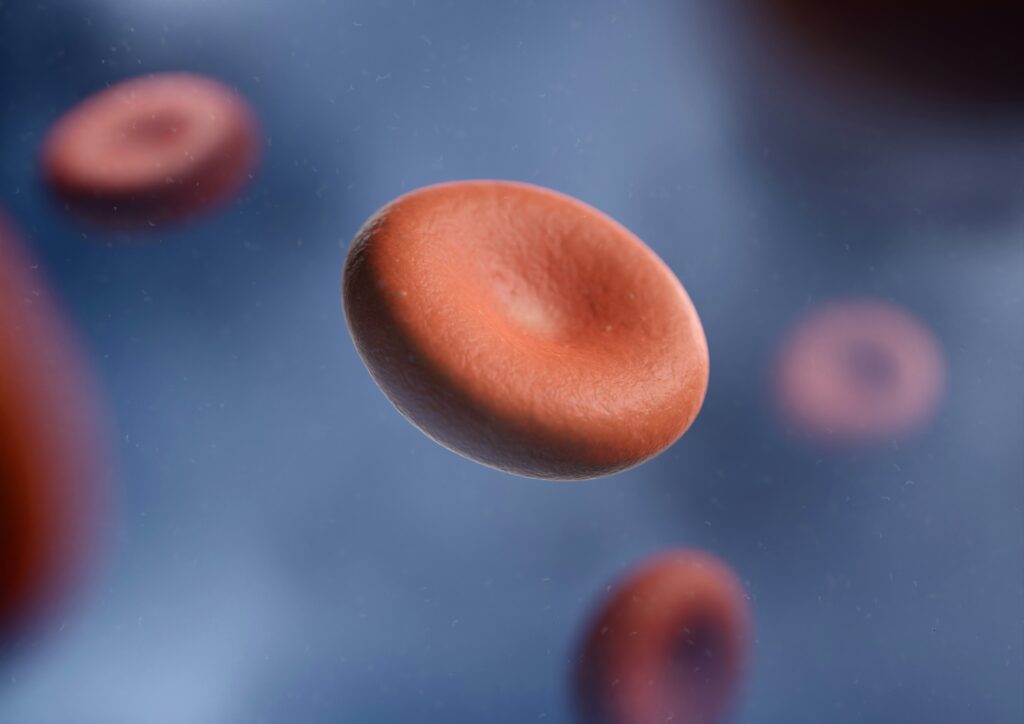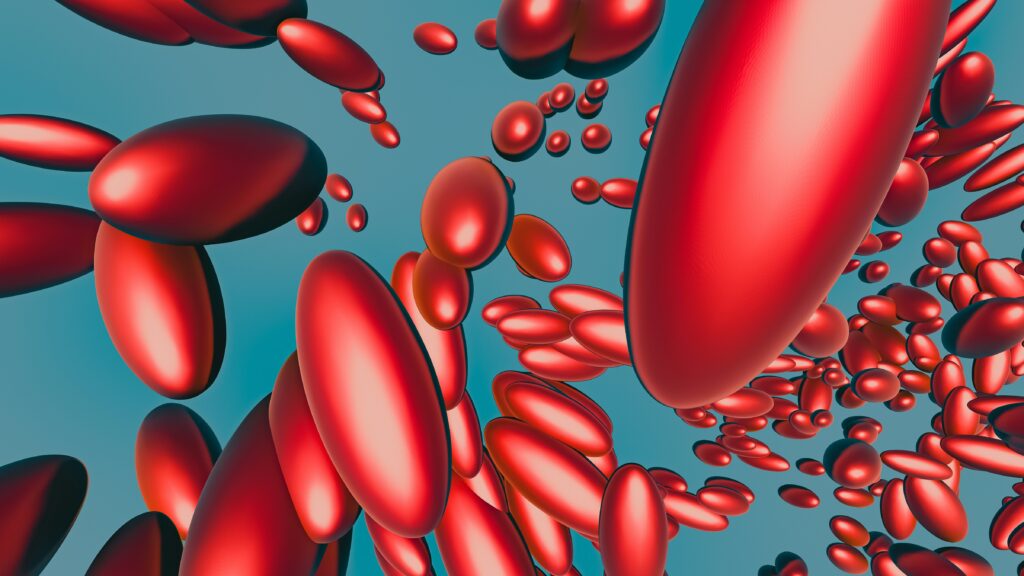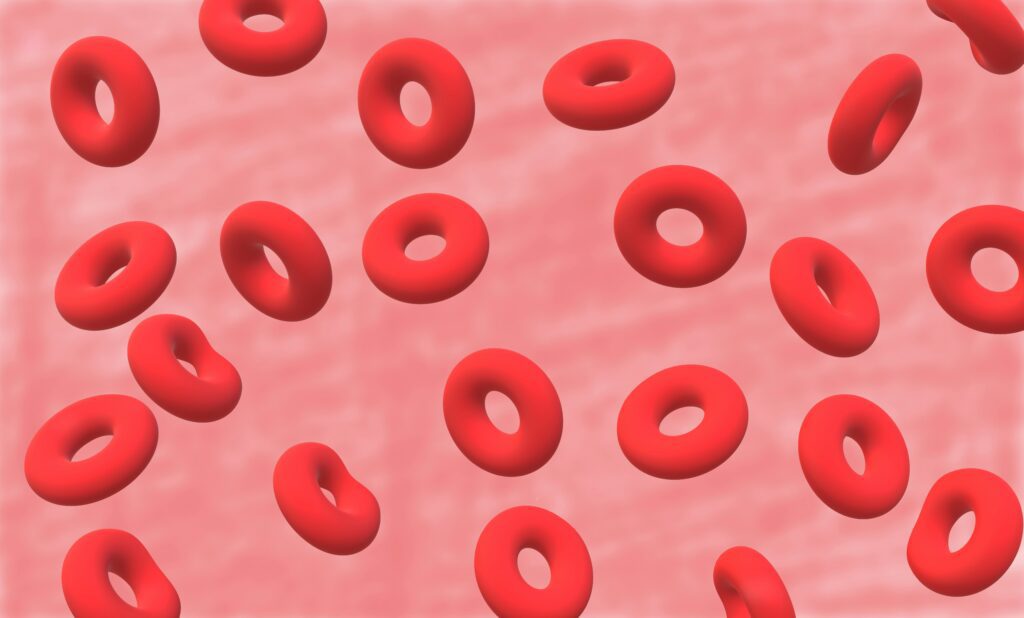What Is a Genotype?
Your genotype refers to the specific combination of genes you inherit from your parents, particularly the ones responsible for producing hemoglobin, the protein in red blood cells that carries oxygen. In the context of genotype testing, we often talk about the hemoglobin genes that determine whether a person has normal hemoglobin or variants like those seen in sickle cell disease or other blood disorders.

Understanding your genotype is crucial, especially in countries where sickle cell disease is common. It not only affects personal health but also plays a major role in family planning decisions.
Why Genotype Testing Matters
Genotype testing helps detect inherited hemoglobin variants such as:
- AA – Normal hemoglobin
- AS – Sickle cell trait (carrier)
- SS – Sickle cell disease
- AC, SC, CC, and others – Other hemoglobin variants that may also cause health complications

Knowing your genotype is essential for:
- Diagnosing unexplained anemia or pain crises
- Making informed reproductive choices
- Preventing sickle cell disease in children
- Understanding risk factors in surgery or other medical conditions
Many people don’t know their genotype until they face complications—or until they’re planning a family. Early testing can help avoid serious consequences.
The Test: Hemoglobin Electrophoresis
Hemoglobin electrophoresis is the primary lab test used to identify hemoglobin variants. It separates different types of hemoglobin based on their electric charge, allowing your doctor to determine which types are present in your blood.

What It Detects:
- HbA (normal adult hemoglobin)
- HbS (sickle cell hemoglobin)
- HbC, HbE, HbD, HbF (fetal hemoglobin), and others
If you carry one or more abnormal types of hemoglobin, electrophoresis will show that. For example:

- Someone with AS genotype will show both HbA and HbS.
- Someone with SS genotype will have mostly or only HbS.
- Someone with AC will show HbA and HbC.
Common Genotype Patterns and What They Mean
| Genotype | What It Means | Health Implications |
| AA | Normal | No sickle cell genes |
| AS | Carrier | Usually healthy but can pass S gene to children |
| SS | Sickle Cell Disease | Risk of painful crises, infections, organ damage |
| AC | Carrier of C trait | Usually healthy, but may pass it on |
| SC | Sickle Hemoglobin C Disease | Milder than SS, but still causes symptoms |
| CC | Hemoglobin C Disease | Milder anemia, occasional complications |
If two carriers (AS, AC, or SC) have children, there’s a risk of the child inheriting a severe hemoglobin disorder like SS or SC.
Symptoms That Might Prompt Testing
Doctors may request hemoglobin electrophoresis if you have:
- Frequent fatigue or pallor (pale skin)
- Unexplained episodes of pain, especially in the chest, joints, or bones
- Yellowing of the eyes (jaundice)
- Delayed growth in children
- A family history of sickle cell disease

Even if you feel healthy, it’s still important to know your genotype for the sake of future planning.
Who Should Get Tested?
- Newborns and infants (as part of newborn screening)
- Teenagers or adults who don’t know their genotype
- Couples planning to marry or have children
- Anyone with symptoms of anemia or suspected blood disorders
Genotype testing is simple, affordable, and widely available at most diagnostic labs. It only requires a small blood sample.
Other Tests That May Be Ordered
To support or confirm a diagnosis, your doctor may request:

- Full Blood Count (FBC) – To check for anemia
- Peripheral Blood Film – To view red blood cells under a microscope
- Reticulocyte Count – To measure how fast your body is making new red cells
- Bilirubin Test – To detect signs of red blood cell breakdown
- Iron Studies or Vitamin Tests – To rule out other causes of anemia
How to Prepare for Testing
Hemoglobin electrophoresis does not require fasting. However, inform your doctor if:
- You’ve had a recent blood transfusion (it can affect results)
- You’re pregnant or on certain medications
- You were diagnosed at birth but never confirmed as an adult
Testing children after age 6 months provides more reliable results, as fetal hemoglobin may mask the presence of other types in newborns.
Next Steps After Testing
If you are found to have a hemoglobin variant:

- Speak with a genetic counselor or doctor to understand what it means for you and your family.
- If you’re a carrier, your partner should also be tested before having children.
- If you have a disease variant (like SS or SC), your doctor may develop a care plan that includes routine vaccinations, regular monitoring, and lifestyle changes.
Why Genotype Awareness Matters
Nigeria and other parts of Sub-Saharan Africa have some of the highest rates of sickle cell disease in the world. Informed genotype testing and counseling can prevent many new cases.

Knowing your genotype empowers you to:
- Protect your future children
- Understand your health risks
- Advocate for your health early
Testing is a small step that can have lifelong benefits.
Understanding Your Genotype
Hemoglobin electrophoresis is the go-to test for understanding your genotype. Whether you’re curious, planning a family, or managing unexplained symptoms, this simple blood test provides the clarity you need.
At Diagnostic Diaries, we believe in decoding your health—one test at a time. If you’ve never had your genotype tested or don’t fully understand the results, now is the time.


